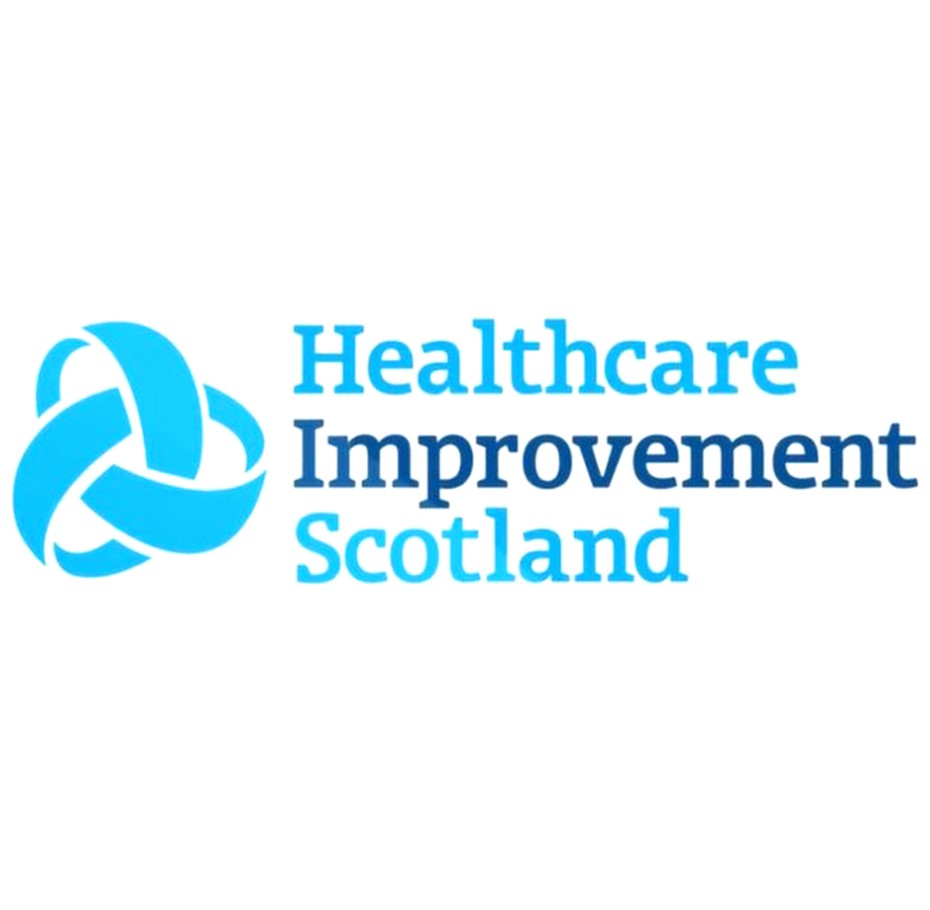Patient and family focus

Helping patients and their families understand the nature of the illness and expected prognosis is important. This enables patients and families to set realistic goals and priorities during the last phase of their lives. Healthcare professionals can then align care around these.
It is particularly important for families and carers that healthcare professionals take a holistic approach to care. This involves a wider assessment of the patient to include psychological, social and spiritual needs as well as any physical symptom that may be present.
It is also important that family members and carers receive an explanation about any symptoms as they will be the key people supporting the patient when healthcare professionals are not present. For example, families and informal carers can play a crucial role in mouth care, hydration, feeding, reducing risk of pressure sores and relieving anxiety and pain. By empowering family members to take an active role in the care of their loved one it is possible to improve the quality of care and reduce symptoms. This could occur both at home (or in a care home) and in a healthcare setting.
When a person is at home, families and informal carers need direction and advice on when to call for professional help if symptoms do not improve or there is an unexpected change. Careful explanation of how to obtain help especially during the out-of-hours period should be given as it can help to relieve anxiety amongst those caring for somebody.
Family presence at the death of a loved one is important to many people and has been seen as a quality marker for care around dying. However, family members may not be adequately prepared to manage the stress and distress associated with witnessing the decline and death of a loved one. Healthcare professionals need to consider the support and preparation that is needed for this. Open communication between the patient, family and health professionals in the days and weeks prior to someone dying, sharing feelings and fears, and building on trust and mutual confidence are of paramount importance.
Further patient information is available in the NHS Inform Palliative Care Zone.

